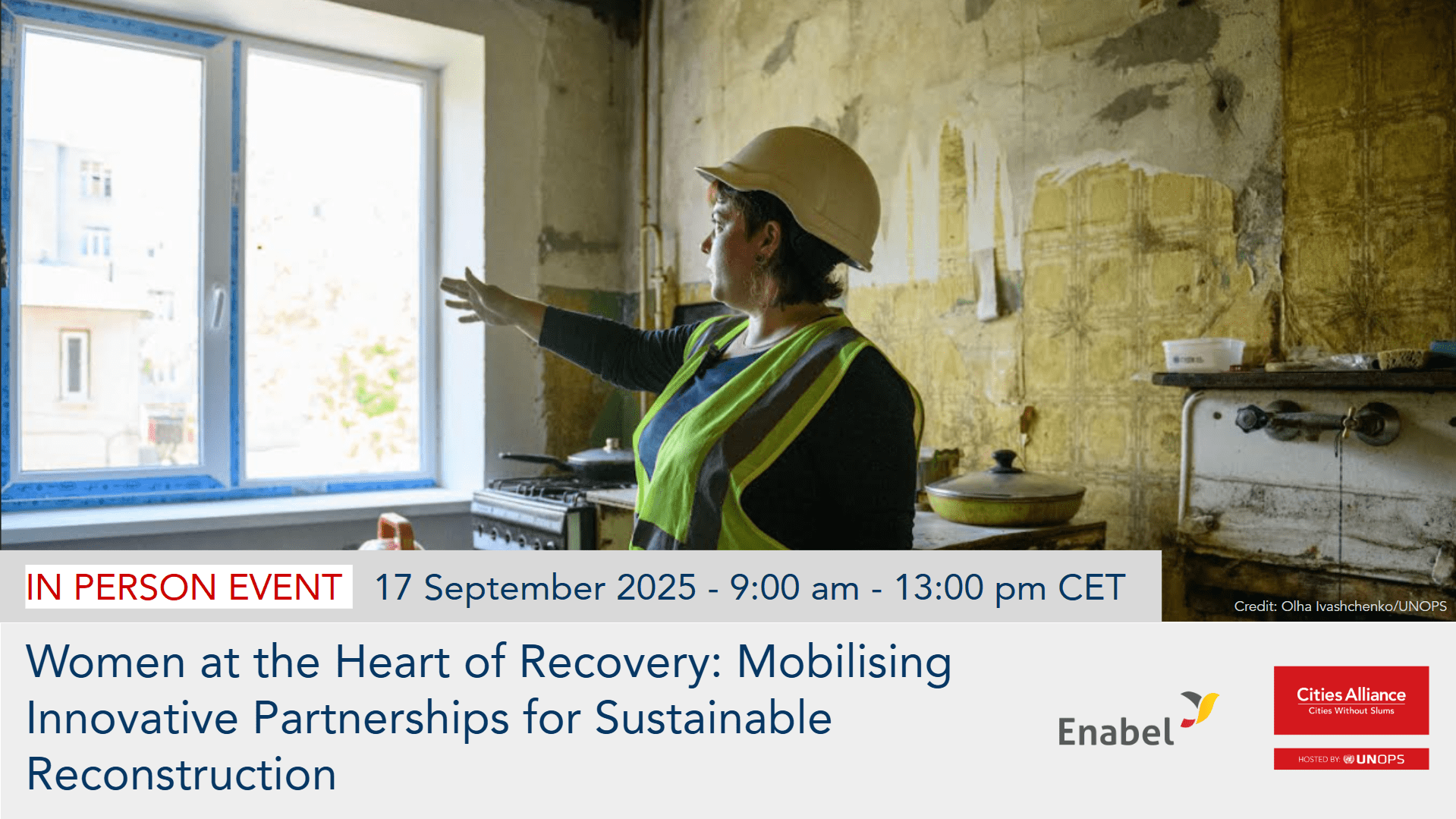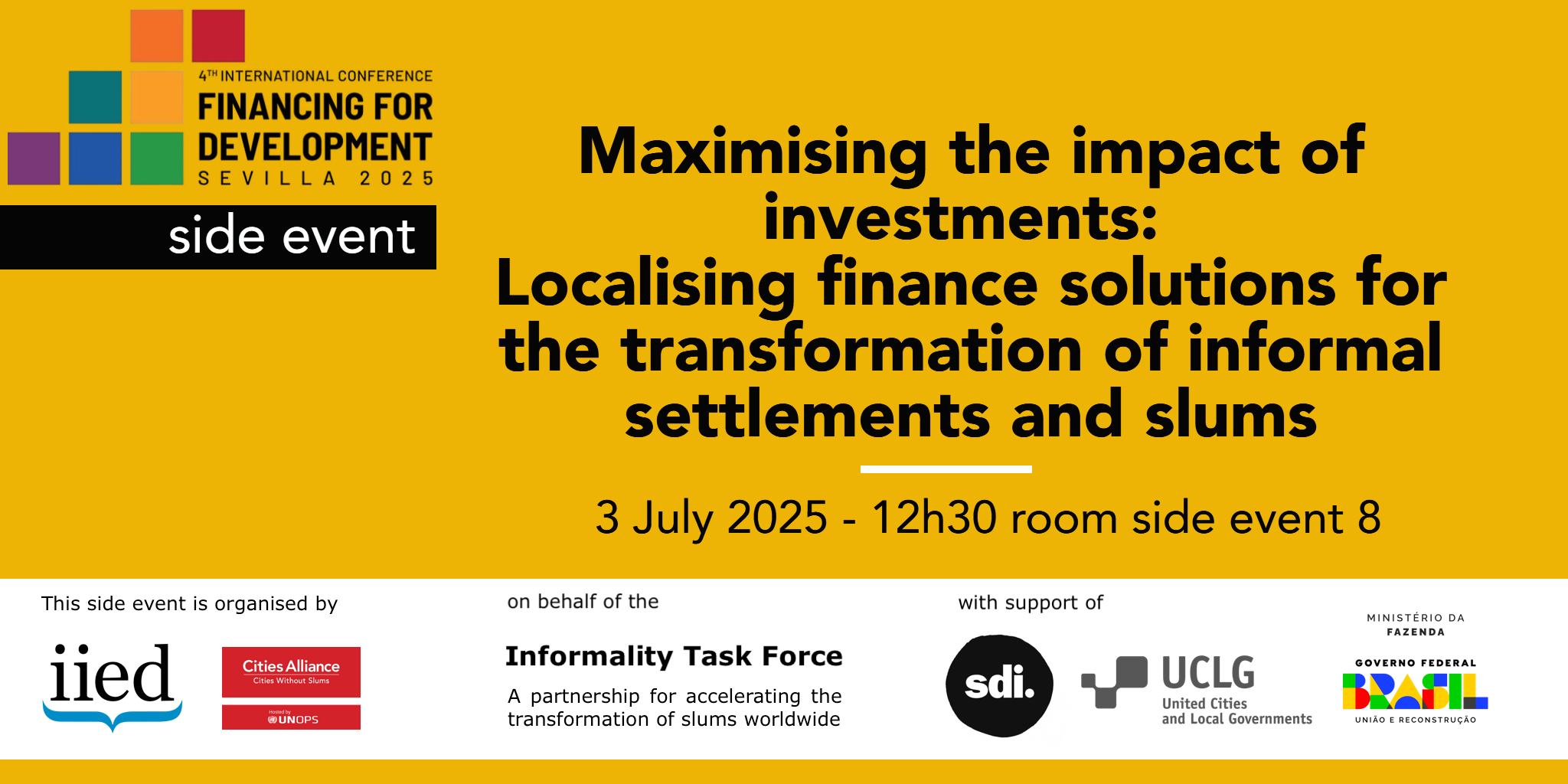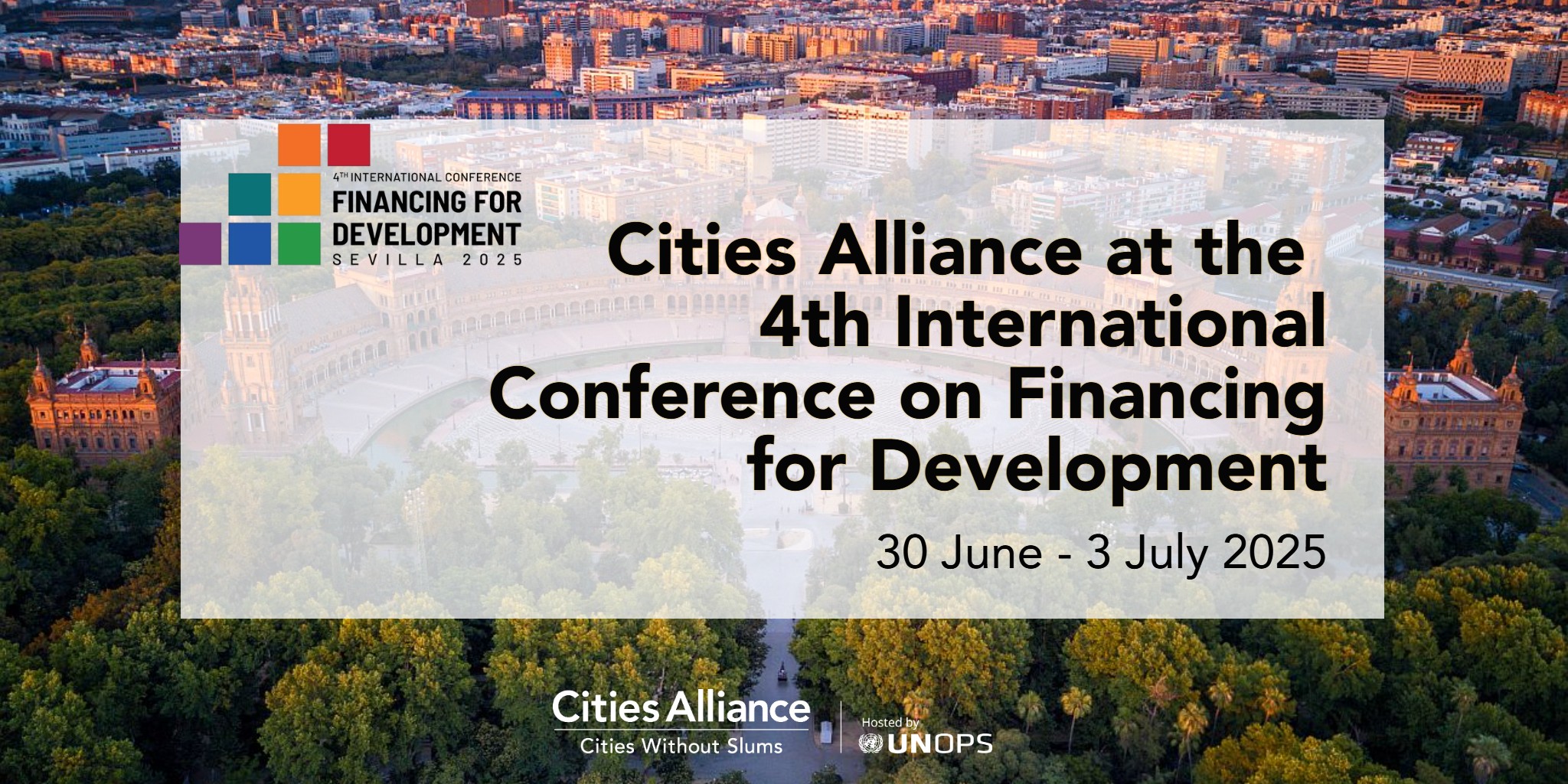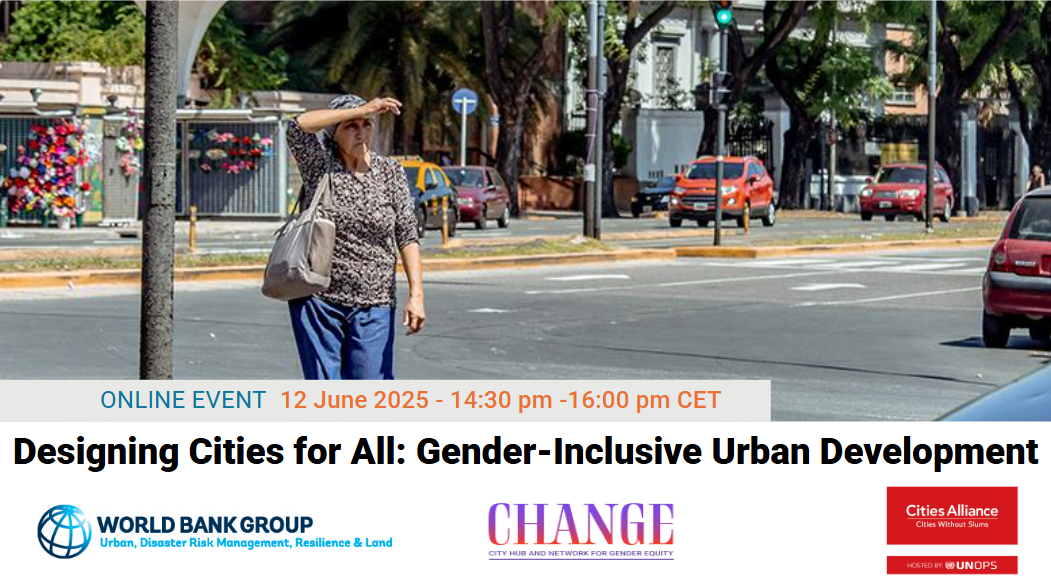- Who We Are
- How We Work
- Regional / Country Initiatives
- Legacy
- Core Themes
- Working Groups
- Portfolio & Results
- Newsroom
- Resources
Cities Alliance at the World Urban Forum - WUF11
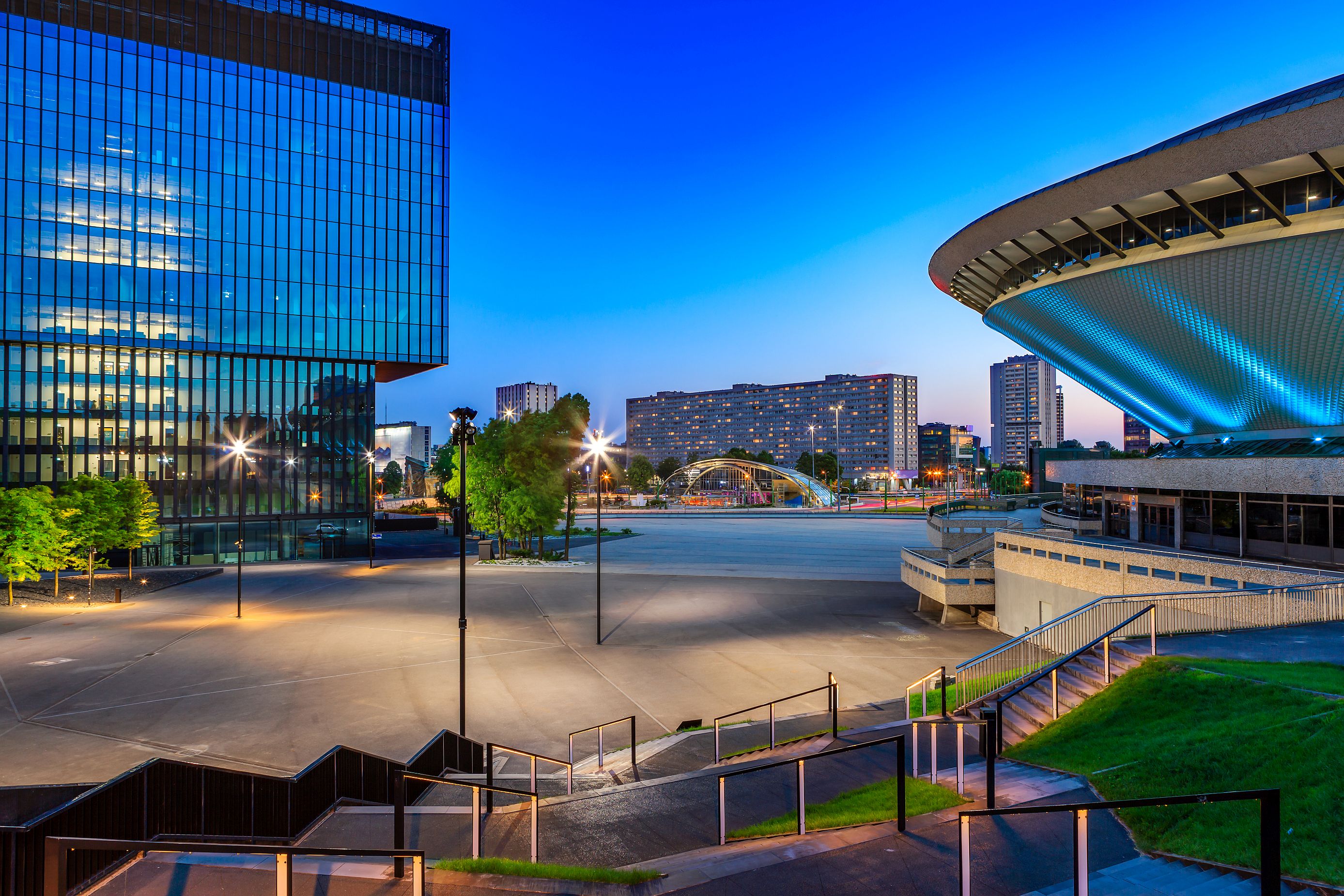
Cities Alliance will be hosting and participating in a number of events at the upcoming WUF11 in Katowice, Poland.
The World Urban Forum (WUF), convened by UN-Habitat, focuses on rapid urbanisation and its impact on communities, cities, economies, climate change and policies. The 11th edition of the forum will take place this year in Katowice, Poland, from 26-30 June.
Under the theme Transforming our Cities for a Better Urban Future, the WUF11 will provide greater insights and clarity on the future of cities based on existing trends, challenges and opportunities, as well as suggest ways cities can be better prepared to address future pandemics and a wide range of other shocks.
The long-term prospects point to a world that will continue to urbanize over the next decade— from 56% of the world’s population living in cities today, to 60% by 2030. Urban areas are the engines which will absorb virtually all the future growth of the world’s population. Every region is expected to become more urbanized in the next ten years.
This raises some key questions about the future of cities: what kind of cities are needed to support the future of humanity? How do we envisage and reimagine the future of cities? What do we want our cities to look like?
The theme of WUF11 will focus on these questions, providing the participants with the opportunity to anticipate change, course-correct, and become more knowledgeable about the different possibilities that the future of cities offers.
Cities Alliance will be co-hosting four events:
- 28 June, 9.00 - 10.30. New land for migrants - planning for growth on the urban periphery: Urbanization in the 21st century is a developing-country phenomenon and one that is largely driven by rural to urban migration to secondary cities. New data estimates that 40% of total urban population growth in Sub-Saharan Africa comes from rural-urban migrants, but these new residents are often neglected. This session will provide examples from cities in Uganda, Ethiopia, and Somaliland and their locally-led approaches to dealing with a high influx of migrants. The session is organized by Cities Alliance and NYU Marron Institute.
- 28 June, 9.00 - 12.00. ICC Room 13. Cities for everybody: capacity building for gender-sensitive urban planning: Cities have a historic design flaw: too often, they have been built by men, for men, which still impacts the lives of women and girls today, e.g. dark roads or overcrowded public transport. This learning session builds on Cities Alliance's experience of more than 20 years in promoting gender equality. This training is organized by Cities Alliance and USAID.
- 29 June, 12.30 - 14.00. ICC Room 17. Scaling up essential services in African cities: The session focuses on sustainable and affordable essential services for all, especially those living in informal settlements in African cities. The panel discussion is organized by UNOPS in partnership with Cities Alliance and the African Development Bank.
- 29 June, 14.30 - 16.00. ICC Room 18. Leaving no one in Cities behind: Addressing Inequalities through Resilient Infrastructure: Cities have a pivotal role in tackling the climate crisis and its effects. They are home to more than half of the world's population, at the same time they are hotspots of global warming, producing the majority of global GHG emissions. This networking event will interrogate and elaborate on the potential of creating resilient infrastructure to address inequalities in cities, showcasing the importance and the business case for local adaptation efforts. Organised by Cities Alliance in partnership with BMZ and SECO.


